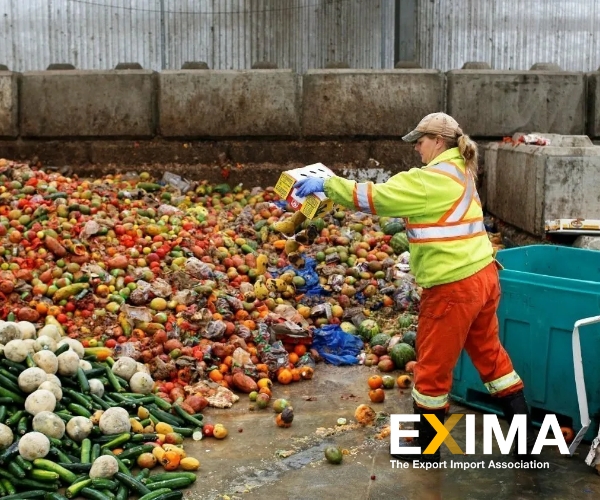
Each year, one-third of food produced for global human consumption is lost or wasted, amounting to approximately 1.3 billion tonnes. This affects the environment as well since the carbon footprint of food waste contributes to roughly 8 to 10% of total greenhouse gas emissions. Thus, around 1 billion tonnes of CO2 could be avoided each year if the world tackled food loss and waste across the value chain.
According to the EAT-Lancet Commission’s 2019 report, we cannot achieve a sustainable food system without addressing the challenge of food loss and waste at a global level. Tackling food losses and waste in an efficient, sustainable, and integrated way offers an opportunity to feed people while taking advantage of both natural and financial resources at the same time. The food industry can thus play a unique role in food loss and waste reduction by optimizing food processing procedures, streamlining supply chains, and linking farmers to markets.
To develop efficient solutions that can reduce food waste, the recognition of interlinkages among different stages of the food supply chain is a must. The performance of each stakeholder and cost of activities in upstream segments of the chain could determine the quality of the product further down the food supply chain, meaning we all have a part to play.

In this integrated supply chain approach, special attention should be paid to the impact of technical interventions on the social context and the environment, while the cost of the solutions proposed should not exceed the cost of food that is lost. For instance, improving on-farm storage facilities to lower post-harvest losses should be coupled with proper strategies to enhance access to markets. In low-income countries, solutions should first and foremost take a producer’s perspective by improving harvest techniques, farmer education, storage facilities, and cooling chains. Investing in efficient, low-cost, and sustainable processing technologies, adequate storage and packaging solutions, road infrastructure, and market linkages while providing training and education to both stakeholders and consumers are among the tried and proven interventions that increase the efficiency of the chain, therefore leading to a reduction in food loss and waste.
Reducing loss throughout the food supply chain can also reduce the environmental impacts of agriculture, boost incomes and livelihoods, and improve food and nutrition security for low-income consumers. An increasingly urban population, changing food consumption patterns, and trade globalization have rendered food supply chains extremely complex and lengthy, which calls for a change of mindset from the traditional way of addressing the causes of food loss at each stage of the food supply chain to a more integrated approach.
Work with EXIMA
Are you an SME owner looking to expand internationally? EXIMA is here to be your network of experts and peers in international trade. Join the largest online import/export association today!


